From Molecules to Organisms: Structures and Processes

Educators and Parents, Sign Up for The Cheat Sheet
Weekly updates to help you use Science News Explores in the learning environment
Thank you for signing up!
There was a problem signing you up.
-
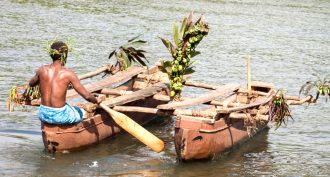 Genetics
GeneticsPacific islanders got a double dose of Stone Age DNA
Unlike other people, certain Pacific Islanders inherited DNA from two ancient human ‘cousins.’
By Bruce Bower -
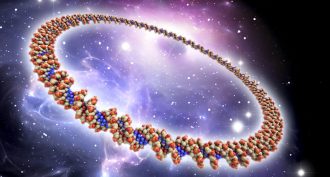 Genetics
GeneticsGenes: How few needed for life?
Scientists rebuilt a microbe using its old genes. But not all of them. They used as few building-blocks as they could get away with and still have the life-form survive.
-
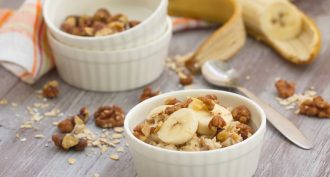 Health & Medicine
Health & MedicineEating breakfast — even twice — is truly the healthier choice
Some experts argue that breakfast is the most important meal of the day — especially for keeping school-age kids at a healthy weight.
-
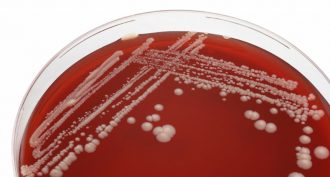 Life
LifeFattier yeast live long and prosper
Scientists were hoping to build better biofuels. Instead they discovered that fatter yeast cells live longer than lean ones.
-
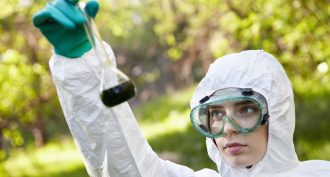 Microbes
MicrobesMicrobes mine treasure from waste
Like miniature factories, bioreactors house microbes recruited to chew through wastes to clean dirty water, make chemicals or generate electricity.
-
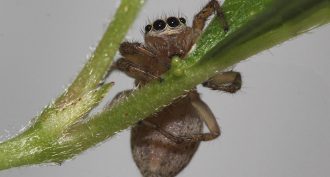 Animals
AnimalsSpiders eat insects — and sometimes veggies
Plant-eating spiders have been found on every continent except Antarctica, a new study notes.
-
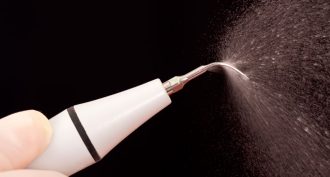 Physics
PhysicsScrubbing bubbles: Secret to ouch-free dental cleanings?
People with sensitive teeth can find routine dental cleanings painful. But bubbles might pave way to no-touch — and pain-free — cleaning for these people.
By Ilima Loomis -
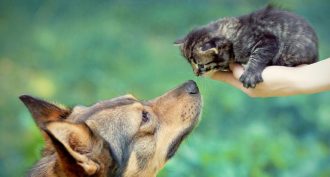 Animals
AnimalsCool Jobs: Pet science
Pets make great subjects for research. These scientists work to make our animals — and us — healthier and happier.
-
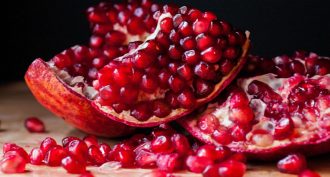 Plants
PlantsExplainer: Some supplements may not have what it takes
Dietary supplements made from plants may not contain all of the chemicals that usually make a particular plant healthy for humans.
By Janet Raloff -
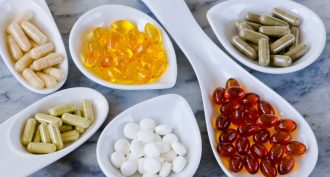 Health & Medicine
Health & MedicineFood supplements can make you sick
Drugs must past safety testing before they can be sold. But food supplements don’t have to meet the same standards.
-
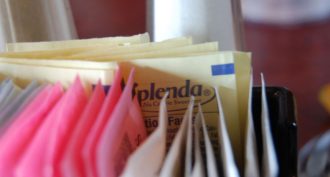 Environment
EnvironmentNot so sweet: Fake sugar found at sea
Sucralose — sold in stores as Splenda — has begun turning up in seawater. This raises concern about the fake sweetener’s impacts on the environment.
-
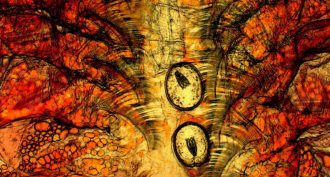 Animals
AnimalsParasites give brine shrimp super powers
When infected with parasitic worms, brine shrimp survive better in waters laced with toxic arsenic, a new study finds.